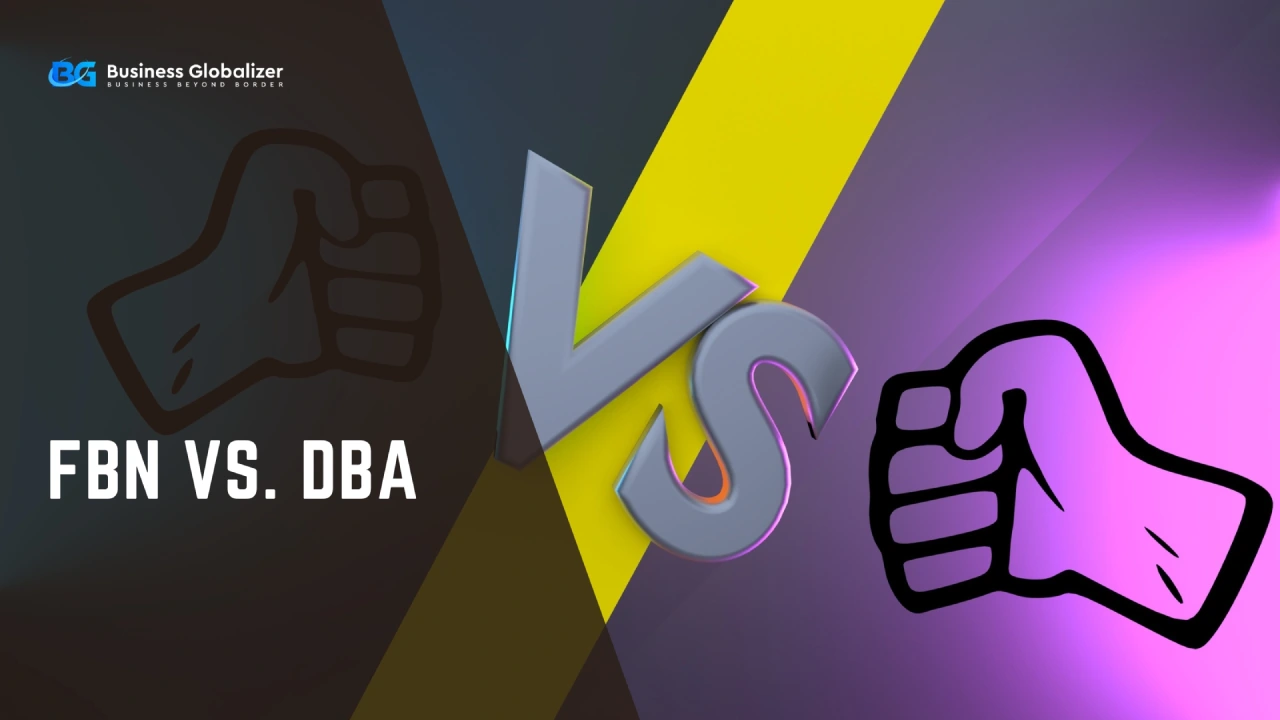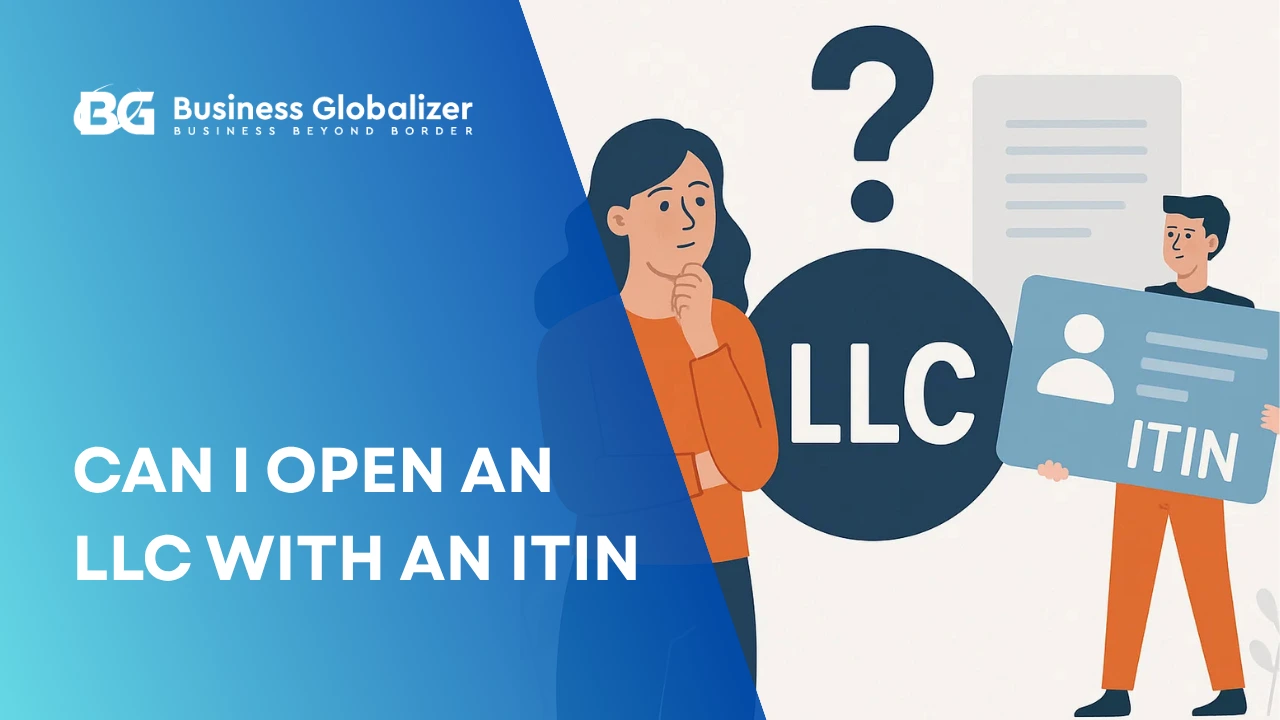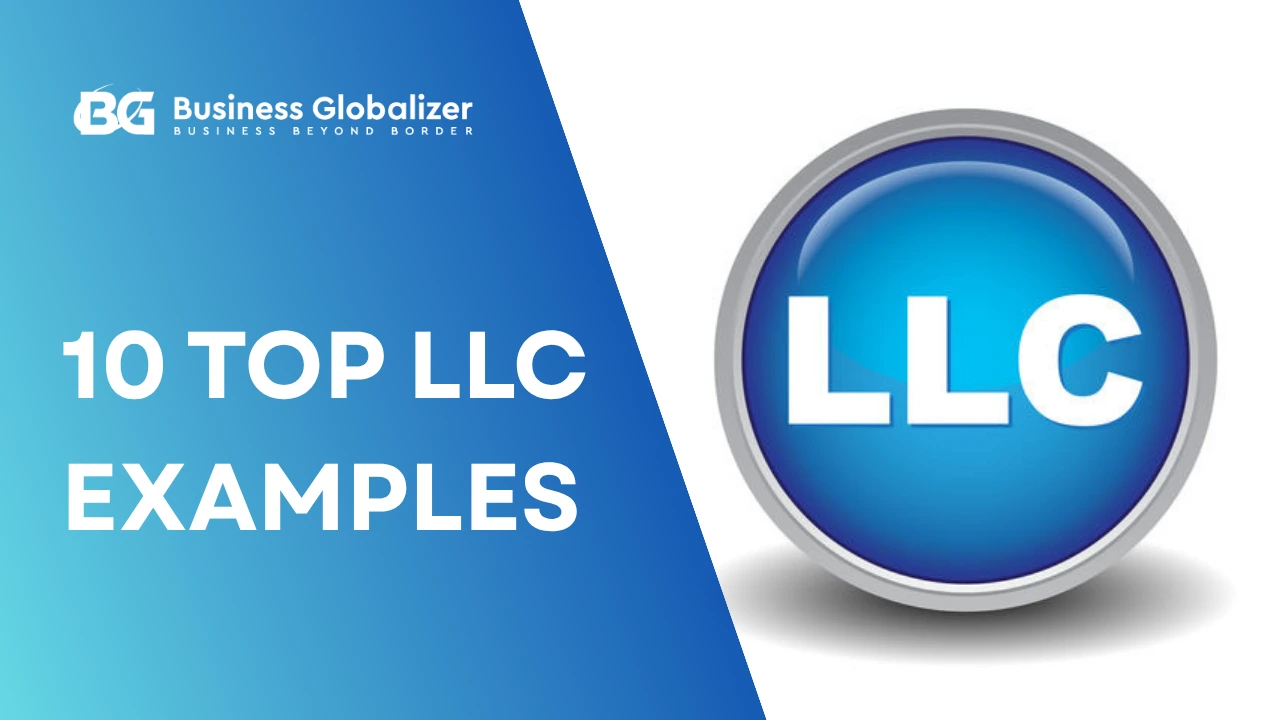If you are doing business, you may already be familiar with the words DBA or FBN. It’s easy to dream of starting a business as simple as selling lemonade to thirsty neighbours in front of your house. Once you become successful, you will find ways to grow. You may want to start a fast food business under the same entity.
But there are sometimes different opinions about FBN and DBA. Many think they are different from each other, and others think they are both the same. For this reason, you may be confused about whether you should file a DBA or FBN and if there is any difference between the two.
Don’t panic. We are here to clear up your confusion. This blog will try to show you the real picture of FBN vs. DBA. So, let’s dive in!
Is a Fictitious Name the Same as a DBA: the Real Picture
FBN and DBA play a crucial role in allowing businesses to operate under distinct names, facilitating branding and marketing efforts while ensuring compliance with legal requirements. Still, business owners get confused by different opinions from different people. To get clear insights, let’s understand the concepts of FBN and DBA.
What Is FBN?
The word “FBN’’ stands for fictitious Business Name, also addressed as an assumed name or trade name. Fictitious Business Names are used when a company does business under a name other than its legal or real name.
- Any name that a corporation or other legal entity uses but does not appear in its enabling documents is most likely a fictitious business name.
- Any business owner, whether a legal business entity or not, who wants to do business under a name other than the one they have officially registered can file for FBN.
- As an example, let’s say Jack Daniel (the legal name) started a catering business called JD Catering, a fictitious business name.
- Depending on the state or county, approval or registration may be necessary to use this name, and there may be rules regarding its use.
It is important to note that a fictitious business name cannot include words that may confuse government agencies like the FBI.
What Is a DBA?
The word “DBA” stands for doing Business As, also known as an assumed business name. This is usually a separately registered name or nickname that businesses use for branding, marketing, and conducting business. When a business decides to operate under a different name than its legal name, it’s called a DBA or assumed business name.
- In some states, businesses must file a DBA to protect their business.
- Sole proprietorships and partnerships use DBAs to avoid using their real names.
- Large corporations or limited liability companies may create subsidiary companies with DBAs to operate specific business segments while maintaining the parent company’s legal structure.
- For example, suppose there is a corporation called “Dairy, Inc. that wants to expand into the business of selling desserts. They could start a second business by filing a DBA as “Dairy, Inc., delicious Desserts.'” This allows the corporation to conduct business without building a new entity.
Where Can You Get a DBA Form?
Now that you understand the meaning of DBA and FBN, you may wonder where to register them. Let’s enlighten ourselves a bit more:
- You can get a DBA with the state, county, or local agency by filing an application.
- Unlike DBA, FBN can also file with a state office in addition to or instead of the county where the main business is located.
It’s good to say that filing DBA or FBN is the same. Just in case, in some counties, DBA, or doing business as, is known as FBN, or a fictitious business name.
How Do I Register for a DBA?
Okay, let me tell you the important thing. You can’t just get a DBA or FBN by filing an application. You need to know the proper procedures before filing this. It’s not just like the way you give a nickname to a newborn baby in the family without any legal obligations or formalities. Here are some necessary steps you can follow, as given below:
- Firstly, you need to contact the state secretary of state or county to determine whether an FBN or DBA name is required for your business and the requirements. Filing an FBN or DBA varies from state to state or county to county.
- If it’s necessary, first choose a relevant name for your business that is catchy and unique.
- Then conduct a name search in your state’s or county’s business registration database to check whether your chosen name is available or not.
- Then follow the instructions and gather the required documents to apply for DBA or FBN.
- To move forward with the process of registering a DBA, you must now complete the form with accurate and necessary information.
- Before submitting the registration, check whether you need to announce the public notice in the local newspaper.
- Last but not least, you need to pay fees for completing the registration. This fee varies from state to state.
To reduce your hassles and save time, you can contact us 24/7. Business Globalizer is a one-stop business solution. We provide authentic business services, including filing DBAs, at affordable fees.
Benefits or Uses of DBAs in Business
Now, you may be wondering if there are any extra or specific benefits to filing a DBA or FBN. If we are being honest, our answer is simply “No.” There aren’t any specific benefits, whether your state calls this FBN or DBA. But there are common advantages if your business files a DBA or FBN. These are:
- This can simplify businesses’ legal long names and make them more relatable to their niche or industry.
- Using a DBA can be a marketing advantage for businesses, especially if they have an online presence.
- Additionally, DBAs provide protection for business clients by publicly disclosing the owner’s identity and address in public records.
- By filing FBN or DBA, you can do multiple businesses without forming branch entities.
- By filing a DBA, you can rebrand or expand your multiple businesses without forming a new corporation or limited liability company.
- You can declare your business identity to the state and the IRS if your business has no operating agreement or Article of Incorporation.
- By using DBA, you can open bank accounts for your business.
- Choosing the right name can boost a business’s credibility, particularly for sole proprietors and general partnerships.
Key Differences Between FBN Vs. DBA
FBN and DBA are two terms commonly used in the business world, often causing confusion due to their similar nature or different appearance. To be honest, there are no huge differences except:
- The Appearance: The appearance of this business name varies from state to state. In many states, this is known as a DBA, while some states address it as an FBN.
- Filing Process: In most cases, FBN is filed at the county level, while DBA is filed with the state or local government agency.
FAQs
Q1: Is a fictitious name the same as a business license?
Answer: No, they are not the same. FBN is filed with the state or county, and the city issues a business license.
Q2: Do I need a fictitious name for an LLC?
Answer: Basically, you don’t need a DBA or FBN for LLC, but if you operate a business under a different name, then you will need to file for a DBA.
Q3: Does your sole proprietorship need to register an FBN?
Answer: If you don’t operate your sole proprietorship under your real name, you need to file DBA, obviously.
Q4: Can I use the same DBA name for two entities that I own?
Answer: In most states, you can’t use the same DBA for your two entities.
Bottom line
Now that we’ve shown the real picture of FBN vs. DBA, hopefully, your confusion is cleared. We can say that there are not many specific differences between a “fictitious name” and a “doing business as” name. So, wait no longer and apply for your DBA through Business Globalizer at a reasonable price.
At Business Globalizer, we are always dedicated to helping you provide one-stop business solutions. Hence, you can create a solid foundation for your business and build many years of top-notch service and profitability.






